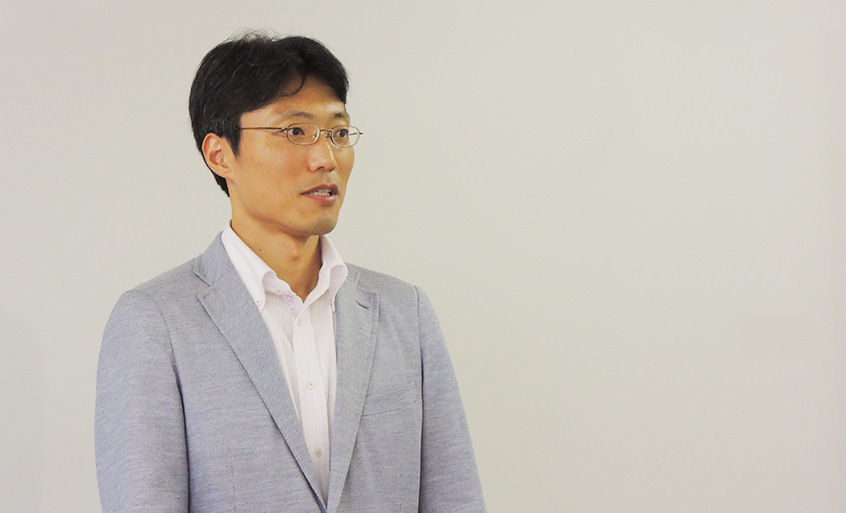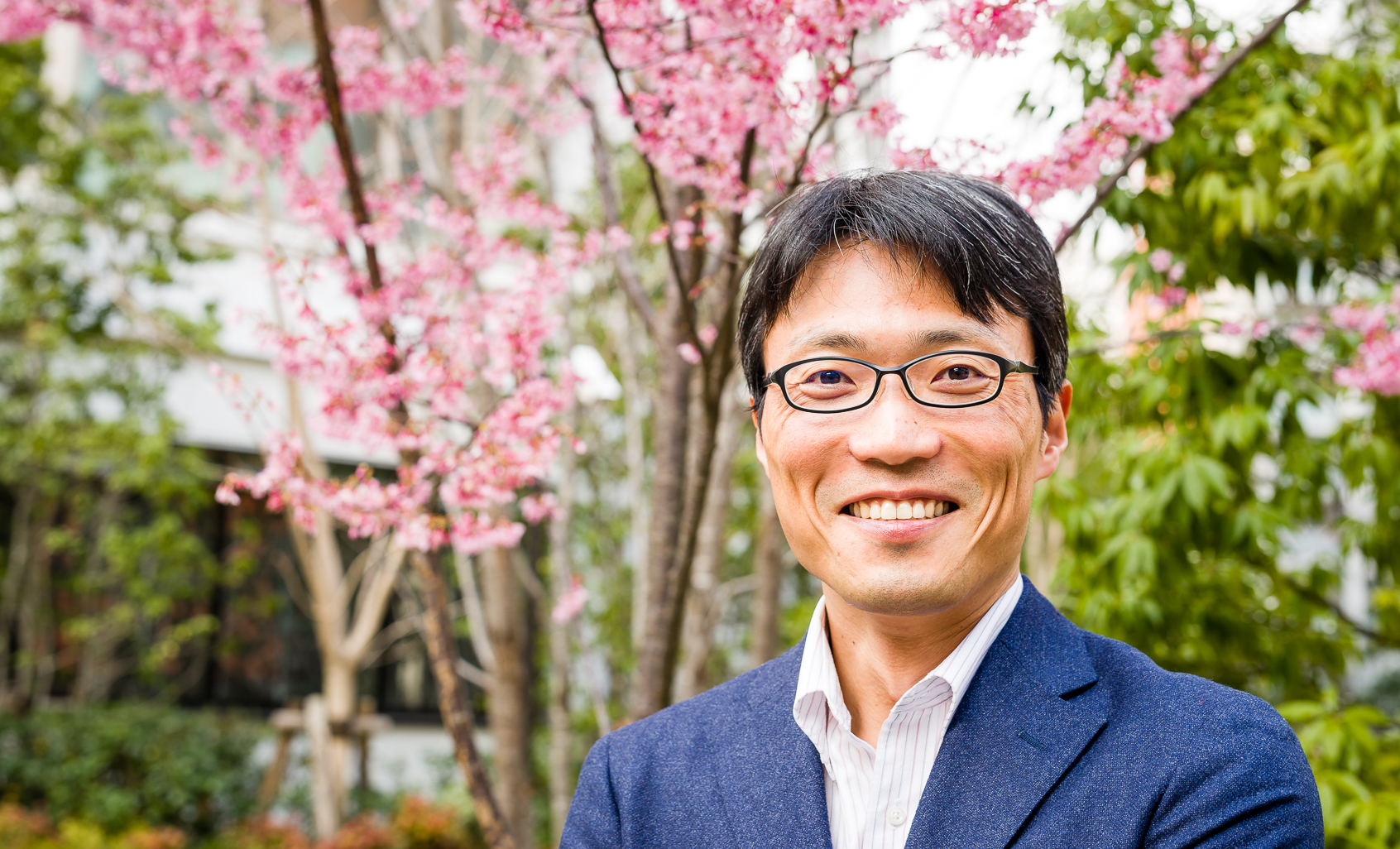How do we govern ourselves in terms of local politics, national politics, and world politics? How can we participate in politics? How can we interact with and influence our governments? What is the best form of government? These questions are at the heart of the Political Science major at Temple University, Japan Campus (TUJ). According to its coordinator, Assistant Professor Masaki Kakizaki, there are no right and wrong answers: Different approaches and government systems have their pros and cons. But this is exactly what makes them so exciting to analyze.
Kakizaki describes the essence of the program as a combination of empirical studies of existing and historical political systems and theoretical arguments about the ideal regime and state, and the best type of relationship between people and their rulers. The curriculum is “organized, systematic, and comprehensive.” Introductory courses teach students about American and foreign governments and politics. Other courses introduce national politics in Asian, Middle Eastern, and European countries. A big emphasis is placed on interaction across borders. Kakizaki stresses that “it is very important in the age of globalization.”
Many students double major in Political Science and International Affairs. Jacob Magure, who finished his first semester, plans to go this route. “It seems that they go hand in hand,” he says. He is very passionate about environmental protection and aspires to work with groups, agencies, and organizations focused on it. He feels that to make a difference he needs a deep knowledge of government mechanisms that Political Science program gives to its students.
Since the Political Science major at TUJ is taught in Tokyo, a focus on Asian region is a tradition. However, Kakizaki aims to expand its scope. Last year he added European politics to the curriculum. In the future he plans to offer courses on Africa and South America. “We can’t talk about world affairs without talking about Africa,” he says. He also mentions that many students come from Brazil, Puerto Rico, Columbia, and other countries in South and Central Americas. They want to learn about their regional politics and their role in international relationships.
Focus on Science
Political science is one of the oldest academic disciplines. Its origins can be traced to ancient Greek philosophers such as Socrates, Plato, and Aristotle, who looked for answers on how to govern. “We study politics scientifically. We are not studying politics politically,” insists Kakizaki. The Political Science major focuses on mechanisms of governance. For example, one of the Political Science faculty asks students to come up with a description of an ideal state. They are encouraged to delve deep into research and use theories, models, and case studies in their papers.
Any serious political discussion should involve a wide range of opinions and points of view. Thus, students are encouraged to express their own ideas no matter what political orientation they favor. They are taught to be respectful and to use evidence, data, and facts to support their arguments. Kakizaki says that in the past he and other faculty have had students holding far right or far left positions. And while instructors might not agree with student views, grading criteria are always objective and focus on the persuasiveness of arguments, on their development, and factual support.
Diverse Perspectives
Kakizaki especially values the diversity of the faculty and student body. The Political Science program features instructors from countries such as China, the U.S.A., Scotland and Japan. Students come from all over the world and bring unique perspectives to every discussion. “It is a huge advantage for [anyone] teaching and studying politics,” Kakizaki says. U.S. veterans sit in the same classrooms with students from Palestine, Saudi Arabia, the Gulf countries, and Pakistan, who see world politics in a different light. Topics like the U.S. military presence in the Middle East frequently spur debates since their interpretation depends on student backgrounds and political preferences. This international environment invites students to discover and explore various viewpoints. They can meet people from another country and learn about their perspective on world events. Kathryn Mangino, a TUJ instructor, says she wants her students to understand “that when you talk about issues such as poverty, international aid and trade, government systems, there are always two opinions with many shades of grey in between.” These problems are very complex and require detailed examination. “It is not about right and wrong, but it is about weighing pros and weighing cons,” she adds.
Attention to detail is also important for developing sensitivity and respect for other countries, their interests, politics, and economics. Michael Cucek, an ICAS adjunct fellow and an adjunct professor of political science, asked his students to write papers about the political economies of individual Japanese prefectures. Modelled after a “Better Know a District” (also known as BKAD) segment on The Colbert Report, the assignment prompted students to examine the geography, history, politics, and economy of their assigned regions. “We all learned a lot in the process,” Cucek said.

Future Prospects
At TUJ, Political Science is part of a liberal arts education. Aside from a deep understanding of political processes and systems, it equips students with communication, analytical, and reasoning skills useful in any line of work. It also builds a foundation for life-long learning which is critical in our fast-changing world.
Many Political Science major graduates choose positions in civil and foreign service, government, and NGOs. Kakizaki mentions that one recent graduate got a job in a Japanese police department. Paul-Annik Corrêa do Lago, a first-year student, dreams about becoming the governor of his native Rio de Janeiro. He believes that education at TUJ is “a good way to start” his political career. While politics is a logical and popular choice, it is not the only path. Some students go into global businesses. Others apply for graduate programs ranging from social sciences to law school or MBA programs.
By Olga Garnova (Double major in Communication Studies and Art)

